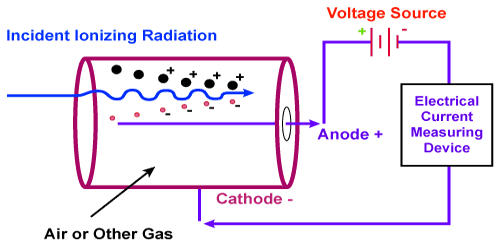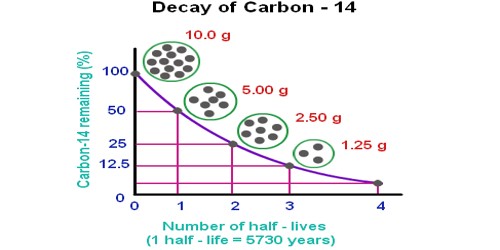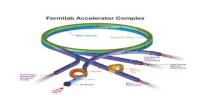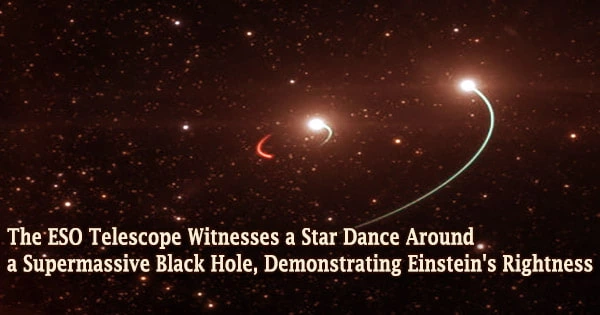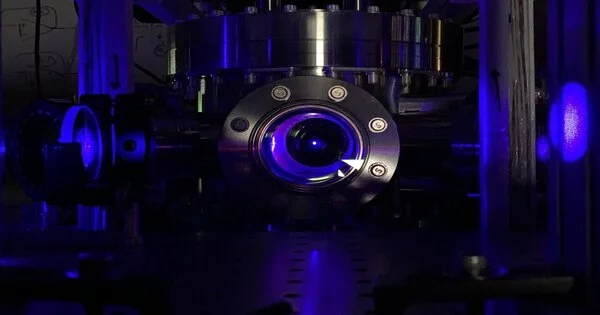Ionization detectors were the first electrical devices developed for radiation detection. Gaseous ionization detectors are radiation detection instruments used in particle physics to detect the presence of ionizing particles, and in radiation, protection applications to measure ionizing radiation. Ionizing radiation has always been present in the natural environment. Despite their simple basic principle, gas ionization detectors are still used frequently for the detection of ionizing radiation emitted from both radioactive substances and artificial radiation sources. They are widely used in nuclear power plants, for the most part, to measure alpha and beta particles, neutrons, and gamma rays. Ionization is one of the principal ways that radiation, such as charged particles and X rays, transfers its energy to matter. They are still used in the lab as radiation counters, but not really used in nuclear or particle physics experiment anymore
They use the ionizing effect of radiation upon a gas-filled sensor. If a particle has enough energy to ionize a gas atom or molecule, the resulting electrons and ions cause a current flow which can be measured. Gaseous ionization detectors are radiation detection instruments used in radiation protection applications to measure ionizing radiation, and also in particle physics to detect the presence of ionizing particles. The basic gaseous ionization detector consists of a chamber that is filled with a suitable medium that can be easily ionized. They consist of a gas volume in an enclosure that is either sealed or constructed in such a way as to permit a continuous flow of the filling gas. The most widely used types of these detectors are based on the effects produced when a charged particle passes through a gas. It can be characterized by the effects created by different field strengths between the charge-collecting electrodes. Typical gases used in detectors are argon and helium, although boron-trifluoride (BF3) is utilized when the detector is to be used to measure neutrons.
Gaseous ionization detectors form an important group of instruments used for radiation detection and measurement. These detectors are designed to measure the ionization produced when an incident particle traverses some medium, they are based on the ionizing effect of radiation. However, this radiation is not easily detected and since it also possesses high ionizing power and penetration strength, it constitutes a risk to human health when it is found outside of its acceptable limits. The adverse effects of ionizing radiation on human health need to be systematically monitored in order to prevent damage, overexposure, or even death.
